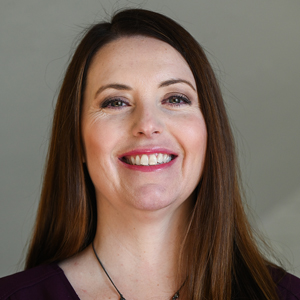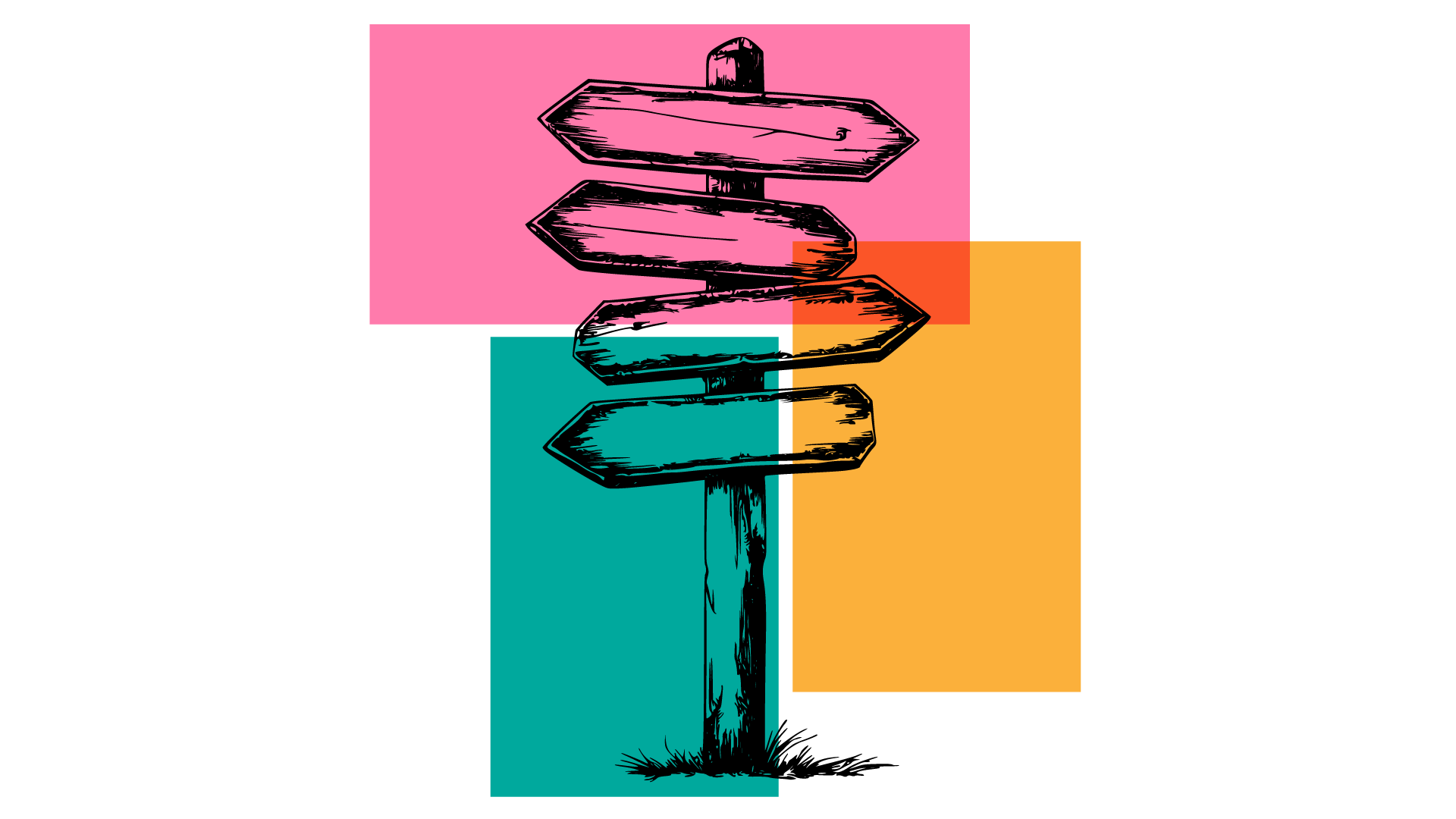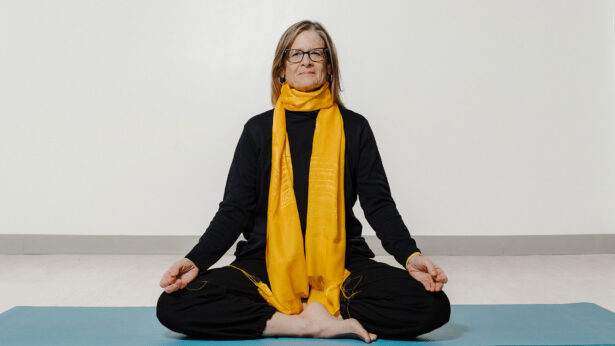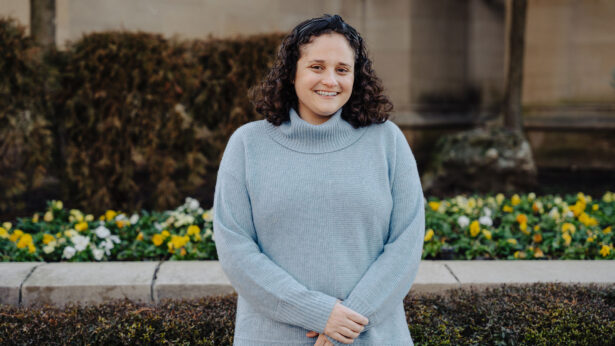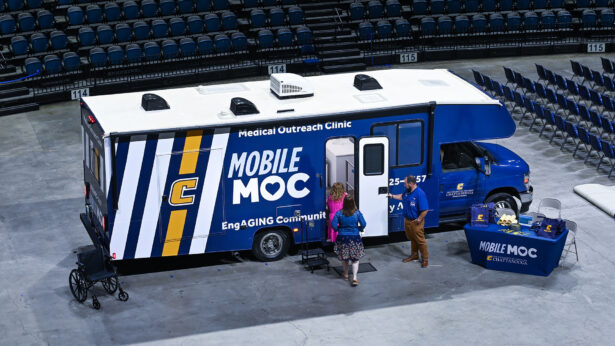Chance, risk, probability and uncertainty live on in daily life through decisions made and events that happen. From choosing whether to hit snooze or get out of bed when your alarm blares to deciding to retire and move to a new city, taking a chance may lead to success or failure. Snooze and an important meeting could be missed. Leaving a career and hometown could present unforeseen opportunities.
Are you willing to take that chance?
Faculty across the University of Tennessee confront situations of chance in their teaching and research—what they choose to study, the very nature of their subjects and even their decisions to pursue advanced degrees and work at a university.
Taking Informed Chances
Beth Crawford, UC Foundation professor and head of the Department of Applied Leadership and Learning at UT Chattanooga, draws from her own experiences to teach students how to make better decisions.
Students who earn advanced degrees or certificates in this program are usually already established in their careers and working their way up the ladder. Classes focus on the intersection of leadership, decision making and learning, and Crawford encourages students to use information
instead of emotions to make decisions.
But there is a caveat.
“At the end, you make a decision with the data you have, but you’ll never have all the data,” she says. “If you are wrong, it will be OK. You will then have new data to help make the next decision.”
Crawford recommends taking an informed chance because “guessing is not decision making.” A schedule helps make decisions in a timely way, allowing the person time to gather data. But waiting too late to decide is “the same as if you didn’t make it,” Crawford says.
In a way, Crawford embodies her teaching by choosing lifelong learning and seeking advanced degrees. In the spring, she graduated with a second master’s degree, this one in legal studies from UT Knoxville, to go along with an Ed.D.
“People are afraid of risk and of failing. Maybe they are worried about finishing or that the work won’t mean anything,” she says. “To me, education and continuing to learn is a chance worth taking.”
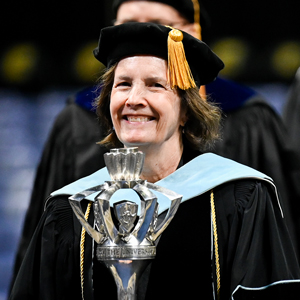
Making the Best Choice
People aren’t the only ones trying to make good decisions without all the data.
Claire Hemingway and Jessie Tanner, both UT Knoxville assistant professors with dual appointments in the Department of Psychology and the Department of Ecology and Evolutionary Biology, recently published an article on the foraging, mating and habitat choices of animals and suggested that animals, like humans, may suffer from choice overload. In simple terms, too many options can lead to poor decisions or even failure to make a choice.
“I am very interested in how animals contend with different kinds of information, especially in environments where they don’t have perfect information,” Hemingway says. “I want to learn how animals make decisions and whether they obey economic principles of rationality.”
Hemingway looks at how bees choose flowers, which vary in nectar and pollen content. In a scenario in which a bee is choosing between a yellow and blue flower, the bee may select the yellow almost every time because it knows the yellow one has better floral rewards than the blue. But if the choice is among yellow, blue, orange, red and purple, it becomes more complicated, and the bee may take a long time to decide or take a chance that the one it selects is good.
The stakes for making a good decision rise when animals only make certain decisions a few times within their lifetimes, such as when searching for a mate. “You can imagine that if females get overwhelmed when choosing between many males and start choosing randomly at some point, they are more likely to mate with average males, which could have consequences for their offspring. This is especially detrimental for animals that just mate once in their lifetime,” she says.
As far as risk and uncertainty go, the more dire the situation, the more likely an animal would choose to take risks, Hemingway says. A starving animal, for instance, might gamble on a risky option, hoping for a big win.
Hemingway counts herself among those who sometimes make irrational decisions and take chances. Studying bees in a controlled lab is one thing, but studying bats where they live in tropical Panama is another.
“This research requires long hours of mist-netting bats in the dense jungle, navigating rough, muddy terrain, and hiking for miles between mist nets—all of which is done in the dark of night,” says Hemingway.
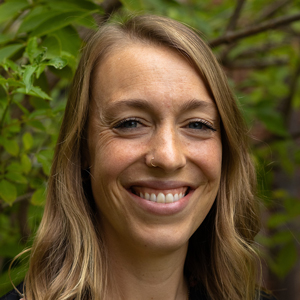
Mitigating Risks amid Uncertainty
One industry impacted by the uncertainty of weather, prices, economic factors and changing policies would be agriculture.
Chris Boyer, professor and head of the Department of Agricultural and Resource Economics in the UT Institute of Agriculture, specializes in helping farmers and producers mitigate risk. “It is a constant battle,” he says. “These sources of risk are correlated. When one thing happens, it can cascade into multiple areas of risk being increased.”
While farmers can’t entirely control these risks, they can minimize them with different tools and management decisions such as what crops they plant, when and how much.
He points to government-supported programs like crop insurance that protect farmers’ profitability and UT Extension decision-making tools, education and market data that help farmers make good choices. Preparation and anticipation go far in minimizing risk, but some events defy preparation.
Farmers can rely on emergency relief aid from the government to help recover from natural disasters like flooding from Hurricane Helene in East Tennessee and tornadoes this spring in West Tennessee. Despite and perhaps even because of these hardships, new crop varieties and improved livestock practices like precision farming have been developed.
“These innovative risk management tools and technologies resulted in helping the world, United States and Tennessee provide an abundant and affordable food source,” he says. “One of the greatest stories is how our UT AgResearch and UT Extension have effectively partnered to test new technologies and management strategies and then educated producers on science-based solutions to their real-world problems.”
Boyer and his colleagues also help the industry by advising and mentoring students as they choose jobs and pursue advanced degrees. He recalls two students whose decisions to take a chance stand out. One took a chance on a job in North Dakota for a large agribusiness company, earned experience there and brought it back home to East Tennessee.
A master’s student had two job offers and a choice to earn his Ph.D. at a university across the country. He chose the latter and tells Boyer he thinks the risk paid off. “Those decisions are a chance because there’s a lot of uncertainty there,” Boyer says. “It’s fun to watch them grow and continue on their journeys.”
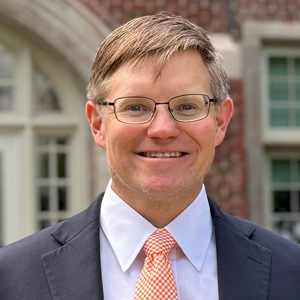
Weathering a Chance
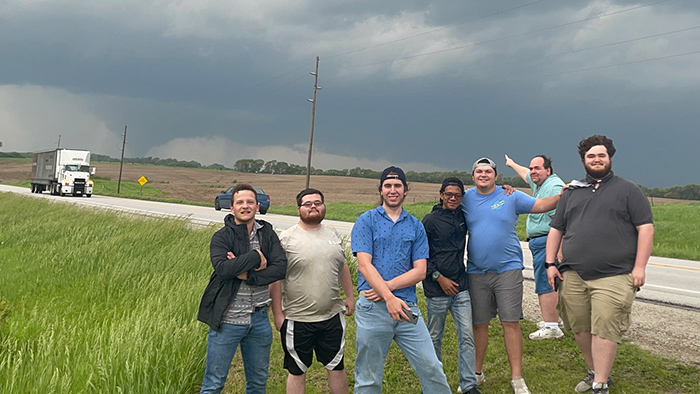
If planning an outdoor barbecue with friends and family and the weather forecast shows a 40 percent chance of rain, what does that mean? Should you go ahead with the plans or move indoors or maybe wait and see what happens? Either way, you are taking a chance.
Aaron Scott, UT Martin assistant professor of meteorology, helps prepare future weather forecasters and studies modeling for severe weather. He’s heard all the complaints about the weather forecast being wrong. After all, chance is a part of his daily life. “I’m fine with uncertainty, but a person on the street may not be,” he says.
With so many people accessing weather forecasts on their phones, and apps providing hour-by-hour forecasts, what does a 40 percent chance of rain really mean? Scott says it depends on the basis for the forecast, which can vary by meteorologist and source. It could mean the chance is based on the number of weather models used to create the forecast. If there are 10 models and four of them indicate rain, then that is a 40 percent chance of rain on that day. The chance also could be based on the likelihood of precipitation occurring in a location like a television station viewing area, meaning 40 percent of the area could experience rain at that time.
Rain is one thing, but forecasting tornadoes is a different and more complex scenario. Scott grew up in Oklahoma and experienced an EF-4 tornado that hit his hometown of Lone Grove in 2009, one of the deadliest and most intense February twisters in state history. He now takes a class of UT Martin students to the Great Plains to study tornadoes in action—but from a distance.
“A tornado is a rare event by nature. During May in Central Oklahoma, the most active time, there’s a one half of 1 percent chance on any given day. Compare that to a 15 percent chance forecast in the days before the tornado that came within 50 miles of here,” Scott says, referring to the April 3 tornado in Selmer. “It is a difficult job to convey the idea of chance and getting people to understand what that means.”
Back to the barbecue plans.
“If there’s an 80 percent chance of rain, you’re taking a chance,” Scott says.
Plan accordingly.
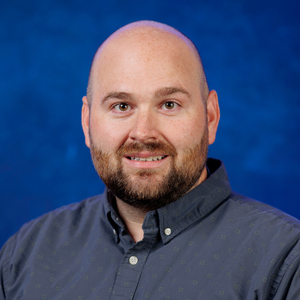
Betting On Yourself
For Claudia Kramer, taking a chance means no limits and being open to all possibilities.
“It’s taking a chance on yourself,” says the Scott L. Probasco Distinguished Chair of Free Enterprise at UTC.
As an economics teacher and researcher, she has taken chances similar to the risk-reward nature of her subject. Kramer came to Chattanooga in 2020 during the pandemic without first visiting the campus.
Kramer grew up in West Virginia and chose to study economics because she wanted to make sense of the reasons economic development seemed to be more effective in other states.
In her own research, Kramer decided not to ask mainstream questions and was sometimes turned down from being published. Instead, she found a mentor in William Easterly, New York University professor and analyst of foreign aid in developing countries. She learned about the impact of institutions such as political systems, markets and trade on the growth of a country.
“For instance, property rights are something we take for granted in the U.S., but in many countries it’s not something you can do,” she says. “These are the kind of things that lead to better personal outcomes.”
Kramer looks at economics as a way of problem solving. “Economics can help make you a better thinker and understand the world we’re living in,” she says.
That is important, especially when planning retirement, a family or going to college. What happens in uncertain times?
“It depends on your goals,” Kramer says.
She admits planning for the future, whether it’s 20 years or more, is hard, but one thing is certain for her: “I’m always betting on myself.”
